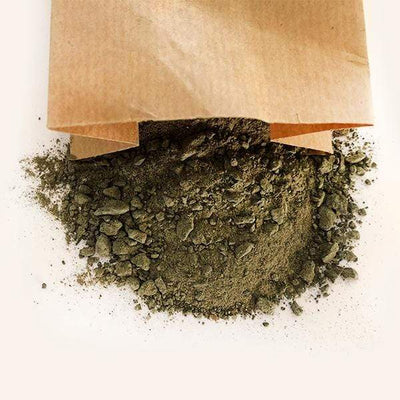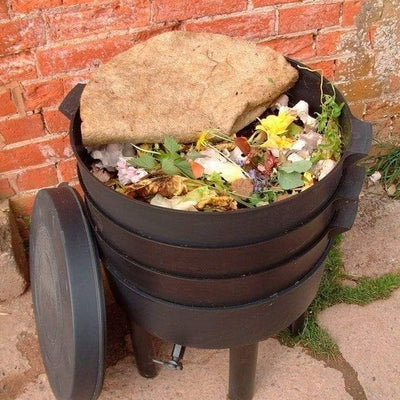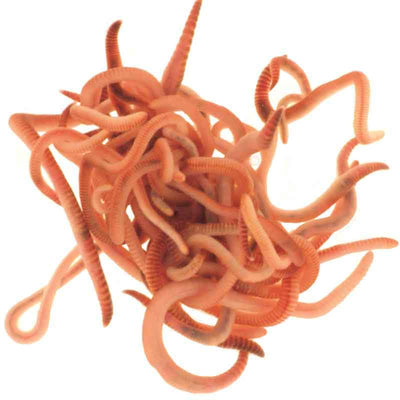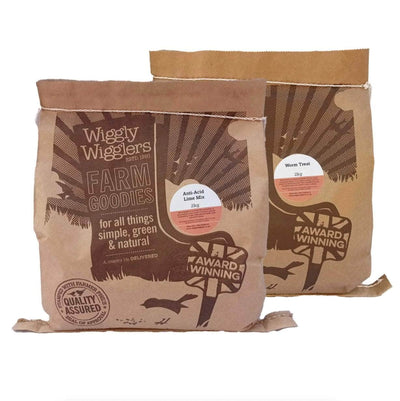More Tips from David Pitman
Best types of winter food
Birds require high energy (high fat) foods during the cold. You should use only good quality food and scraps.
Black sunflower seeds, pinhead oatmeal, soaked sultanas, raisins and currants, mild grated cheese, mealworms, good seed mixtures are all good. Soft apples and pears cut in half, bananas and grapes are also enjoyed.
Peanuts should only be given in suitable mesh feeders that will not allow sizeable pieces of peanuts to be removed and provide a choking risk.
Fatballs are loved by many birds. The bought ones are best as they are less likely to fall apart. If you do make your own you should keep an eye on them to make sure they don’t go rancid.
The most important ‘food’ of all is water. Birdbaths should have gently sloping sides and be sited at least away from any cover that might hide a prowling pussy. Check twice daily to make sure the water is not frozen. Do not add anything to the water (even salt) to try and prevent freezing. Some people place a ping-pong ball on the water and claim it helps stop freezing.
Sourcing your birdfood responsibly
Much of the birdseed sold in garden centres, supermarkets and via mail order is sourced abroad, some seeds from a considerable distance, and even from countries that have domestic human food shortages. Look out for birdseed that is grown locally and packed and handled by people that really know and care. That way, helping your garden birds will not be to the detriment of other environmental issues.
See our Full Range of Birdfood Here.
Feeding the right foods without wasting money.
It is a good idea to experiment with different food mixes. If you are getting a lot of one type of seed left, then adjust the mix to avoid waste. Be careful not to let spilled/waste food build up on the floor beneath you feeders. Chaffinches and perhaps Bramblings should help clear this up, but if they don’t, you’ll have to, before Mr Ratty and his friends find it!
Offering Livefoods (mealworms) in the winter is particularly good for insectivorous birds as they may be struggling to get worms etc. out of frozen ground. If you are persistent you may even be able to get Robins to take mealworms from your hand.
If you put out finely chopped kitchen scraps it is important to avoid anything salty as this could cause dehydration at a time when water might be difficult to find.
You can use your garden to grow your own birdfood for free! Try planting an ‘edible’ hedge (using berry producing species) also leave seed producing plants like docks, teasels and thistles to stand for the winter to allow birds to gather their seeds. Doing this will also give you an excuse not to clear some parts of the garden in the autumn!
Mulching your pants with dead leaves in the late autumn will help keep some insects nearer the surface for the birds. Blackbirds can be heard noisily turning over the leaves to find a tasty morsel.
Provide roosting sites
As well as food good roosting sites for birds in winter are essential. Leave nest boxes and roosting pockets in place for the whole year and make sure you have some really dense hedging to allow the birds good night-time cover. Birds will use up to 10% of their body fat just to survive a night in the winter.
See our Full Range of Nesting Sites Here.
https://wigglywigglers.co.uk/collections/nesting
Don’t forget your neighbours
Many of us spend much time looking after our garden birds in the winter, and at this time we should not forget any of our human neighbours who may be struggling, so just take a few minutes to check they’re OK. Maybe give them a birdfeeder and a pair of warm goat socks, and then you’ll have an excuse to call on them to top up their birdfood.
Order Our Farm-Grown Seeds and Feeds from






